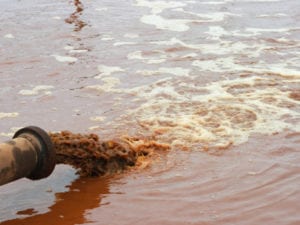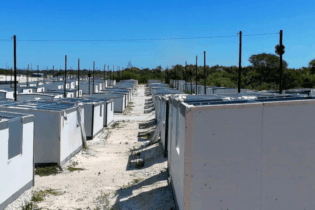The Department of Water and Sanitation (DWS) hosted a workshop on the National Faecal Sludge Strategy in George, as part of the quest for dignified sanitation in communities.
DWS spokesperson Sputnik Ratau said the Western Cape workshop is part of a string of workshops being held throughout the country to gather input from various sectors. This is in line with SDG goal/target 6.2, which states that “by 2030, achieve access to adequate and equitable sanitation and hygiene for all and end open defecation, paying special attention to the needs of women and girls and those in vulnerable situations” . Ratau further states that providing, improving, and maintaining satisfactory sanitation affects all members of society regardless of their economic status.During the workshop the DWS presented the draft National Faecal Sludge Strategy. The draft National Faecal Sludge Strategy advocates some of the following strategic propositions:
- Well designed and built onsite sanitation technologies which are safe and hygienic and appropriate to the local context
- Green drop regulatory framework must be extended to faecal sludge or alternatively develop a different programme to regulate non sewered sanitation systems
- Promotion of local business involved in development of technologies for containing, emptying, transportation, treatment, disposal and beneficial use of faecal sludge.
- Water Services Authorities should regulate appropriate onsite sanitation options for households in their areas of jurisdictions.
- Water Services Authorities should start planning for areas where faecal sludge should be emptied, transported, treated for safe disposal and or for beneficial use.
- There has to be a concerted efforts to intensify hygiene and end-users’ education about sanitation technologies to ensure sustainability of sanitation services
- All faecal sludge management solutions should not compromise surface and ground water resources. The Financial and Economic models should be developed to ensure sustainable and viable sanitation solutions.
- Participants urged DWS to enforce the principle of polluter pays
- It was confirmed that there are potential economic opportunities in the entire sanitation value chain especially if private sector and community-based partnerships are encouraged.







